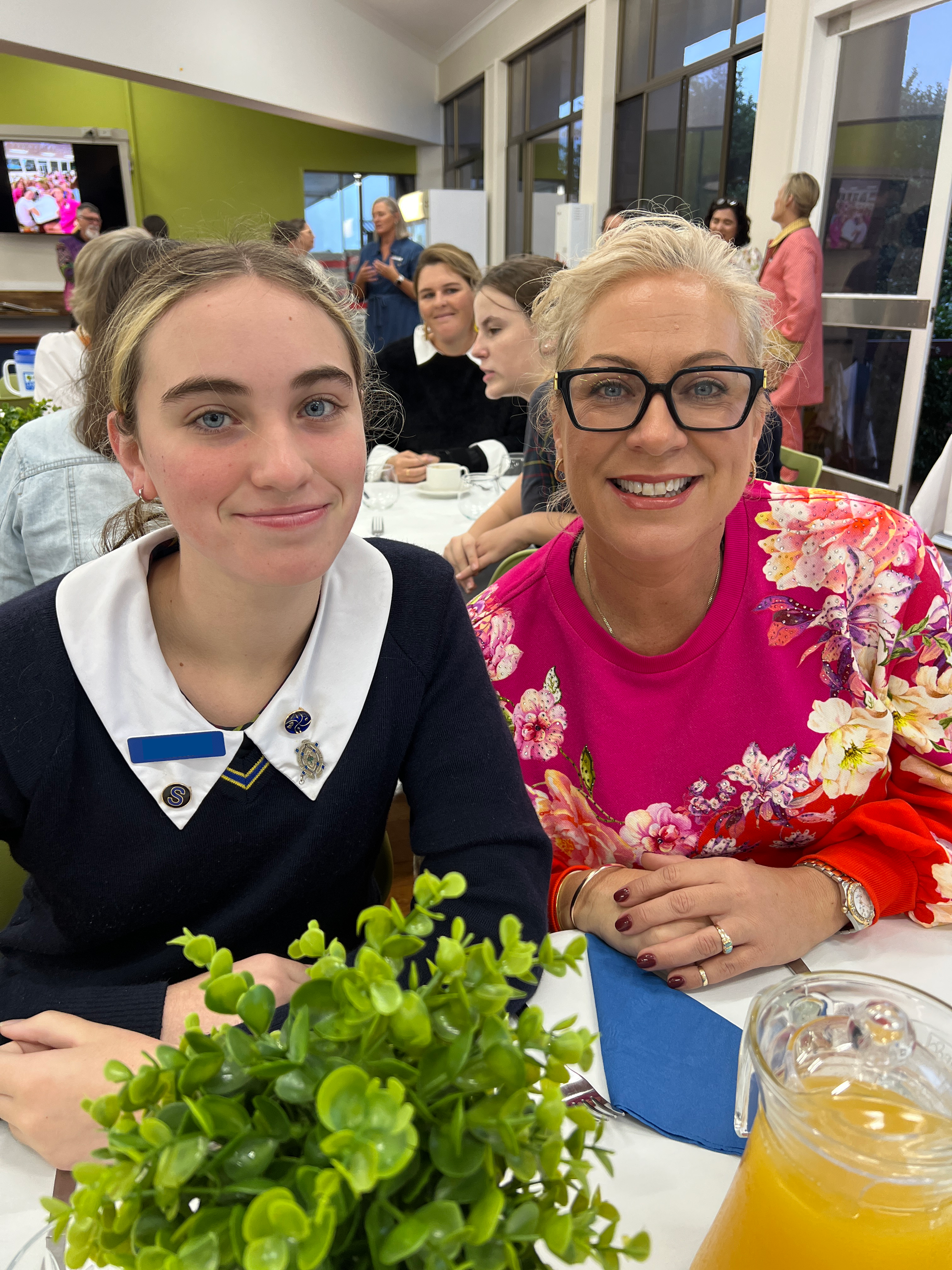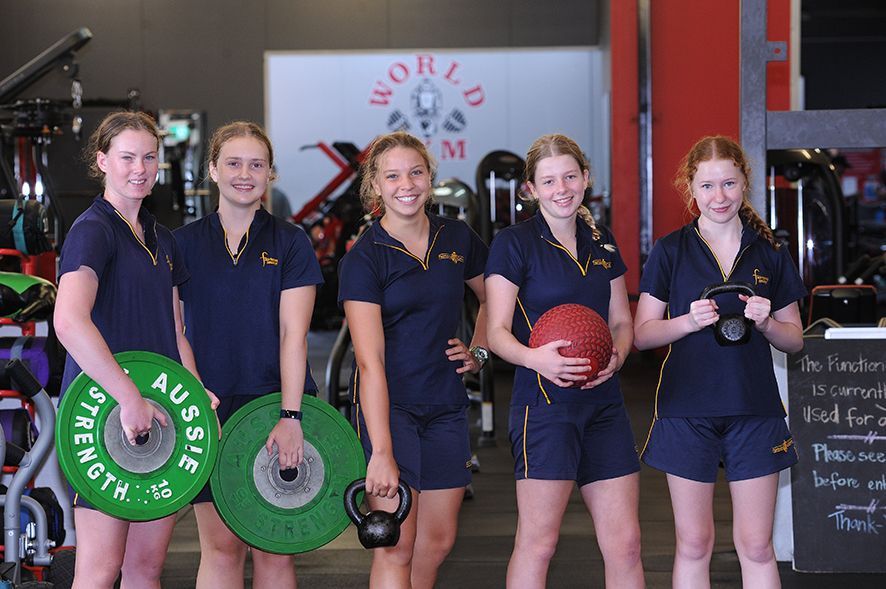Contact | My Fairholme | 🔎︎
Teachers’ Passion for Learning
Fairholme is a place where we prioritise fostering a culture of learning not only for students but also among staff.
As educators, we collectively embrace the importance of learning, recognising its significance beyond the confines of the school gates. Therefore, as a school leader, I think it is important to provide opportunities that allow a passion for learning to permeate every corner of the school environment.
I firmly believe that solid professional development can ignite this passion for learning. However, I also believe that some of the best professional development for teachers can be done ‘in-house’ and delivered by the wealth of expertise we already have on staff. One of my favourite things to do is to chat with teachers about issues in education either in the staffroom or during my regular meetings. My favourite phrase is when somebody says… ‘Did you see that article on….’
The challenge with some of these conversations is that one of the teachers involved usually rushes off to class, yard duty or a meeting, and so the stimulating and thought-provoking discussion usually gets left, sometimes, to never be discussed again. It is therefore important that, as a leader, I provide opportunities for teachers to voice their ideas and opinions on educational topics and provide space for teachers to read educational research in order to grow.
The research on effective professional development for teachers varies, but there are common themes between the research on good professional development and improved student outcomes.
Professional development for educators should be self-directed and ongoing, allowing teachers to choose activities that enhance their own skills (AITSL,2014). Also, any PD should be long-lasting, with a collaborative approach tailored to the organisation's context, subject areas, and career stages, aligning with institutional values rather than individual, single-day PDs. (Burns, 2013). However, the most important factor is that evidence-informed research should inform all aspects of professional development within a school (Blandford, 2000; Bowe & Gore, 2017; Day & Sachs, 2005).
After reflecting on the importance and necessity of strong professional development opportunities in schools, I set up Fairholme College’s first professional reading breakfasts in 2021. This group meets three times a term from 6.45 am to 8.10 am, to look at key issues in education, from school camps and differentiation to school attendance and data. The breakfasts occur at a local coffee shop, where we delve into educational topics sourced from shared articles circulated beforehand.
The professional reading breakfast initiative, now a well-established practice in our school community, has proven to be a great low-key opportunity for professional growth for our staff. Gathering before the hustle and bustle of the school day begins allows teachers to stop and pause and focus solely on the readings shared. The informal setting encourages open dialogue and the sharing of diverse perspectives, enriching our understanding of pedagogy, educational theory and sometimes contentious issues in education. As we engage in discussions fuelled by the latest research and innovative practices, we deepen our individual knowledge and strengthen the collective expertise.
Reflecting on its impact over the past 3 years, it's clear that this initiative helps foster a culture of continuous learning and collaboration among staff across junior, middle, and senior school teaching staff. To me, this collaborative spirit has also fostered a supportive environment where ideas and opinions flourish.
The impact of our professional reading breakfasts extends far beyond the confines of our meetings. I hope teachers who attend are armed with newfound insights and strategies for their classrooms or with research-rich conversation starters to drive discussions in the staffroom, the corridors or out on yard duty.
References
AITSL. (2014). Global trends in professional learning and performance & development Australian Institute for Teaching and School Leadership.
Blandford, S. (2000). Managing professional development in schools. London; Routledge.
Bowe, J., & Gore, J. (2017). Reassembling teacher professional development: the case for Quality Teaching Rounds. Teachers and Teaching, 23(3), 352–366.
Burns, M. (2013). The Future of Professional Learning. Learning & Leading with Technology, 40(8), 14–18.
Day, C., & Sachs, J. (2005). International Handbook on the Continuing Professional Development of Teachers (pp. 1–320).
AITSL, 2014; Blandford, 2000; Bowe & Gore; 2017; Burns, 2013; Day & Sachs, 2005.
More News…


Fairholme College is proudly a college of the
Presbyterian Church of Queensland




